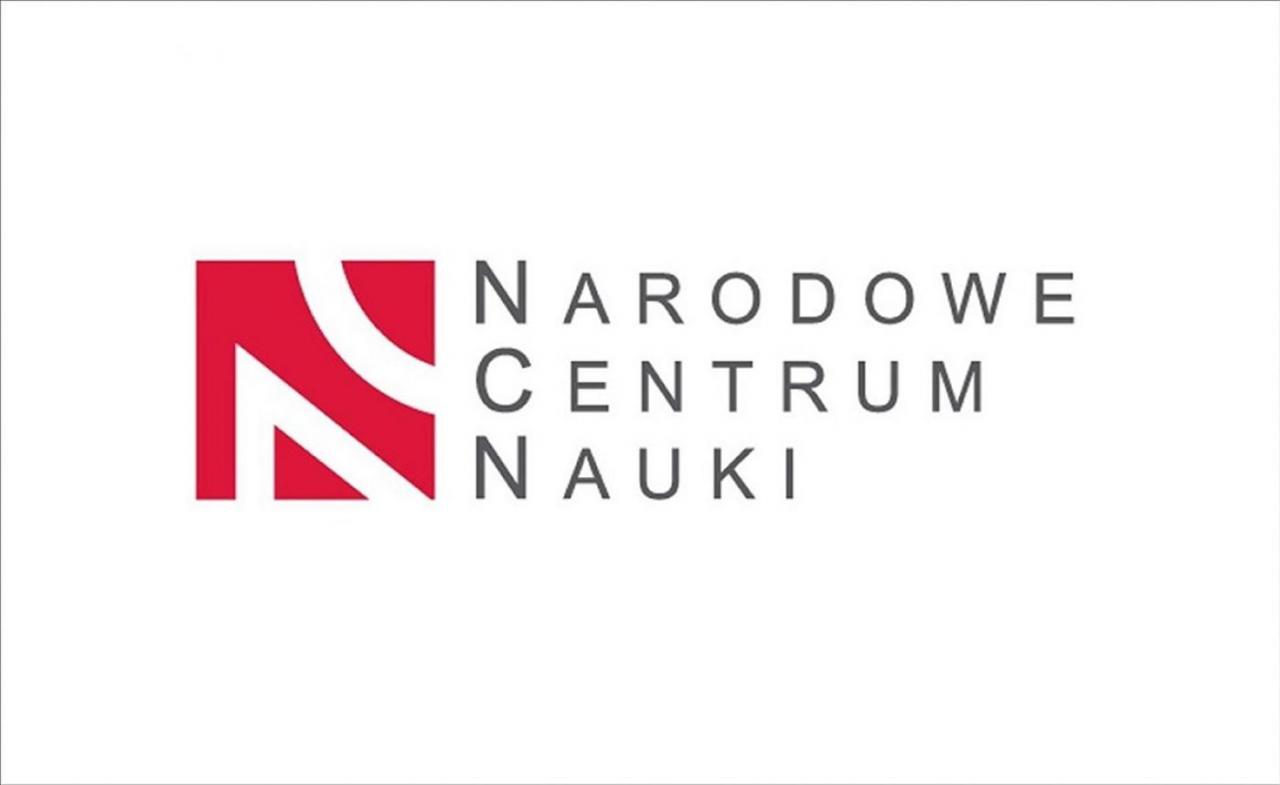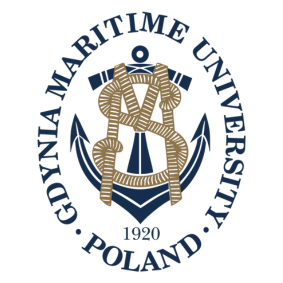The National Science Centre Awards Funding to GMU Research Projects

Two Gdynia Maritime University research projects have been allocated funding as part of the National Science Centre’s OPUS research funding contest.
A GMU research team, led by Associate Professor Dr Paweł Górecki, will carry out a project entitled “A method for rapidly determining the temperature distribution in a power electronics converter assembled on a PCB substrate with high thermal conductivity”.
The project concerns the power supplies used with everyday electronic devices. Advanced electronic circuits require an increasing amount of energy to function correctly, while users require power supplies, known as electronic energy converters, to be light and compact, which therefore demands micro-scale components of increasing greater power density. This leads to various challenges in their design. One of these challenges is heat management, an adverse secondary effect of electronic circuits. The central aim of the project is to develop a calculation method which will allow for the calculation of the temperature distribution of an electronic converter assembled on a high thermal conductivity substrate using only cataloguing data, and shorten the time required for the calculation from several hours to a few minutes.
A second project entitled “The albedo surface of the seas and oceans in the short-wave range of radiation as an indicator of climate change” will also last 48 months and will be conducted by a GMU research team headed by Associate Professor Dr Włodzimierz Freda.
The project aims to determine the impact of human activity in marine areas on the Earth’s climate. It will attempt to answer the following questions: How can the albedo surface of the seas and oceans be altered to bring about positive climate change? How is the albedo of marine waters affected by mineral-suspended matter, gas bubbles, natural flower pollen, e.g., pine pollen, or the blooming of phytoplankton caused by the fertilisation of maritime waters? What effect does anthropogenic pollution, e.g., plastics, microplastics, and oil derivatives have on the albedo of marine waters?

